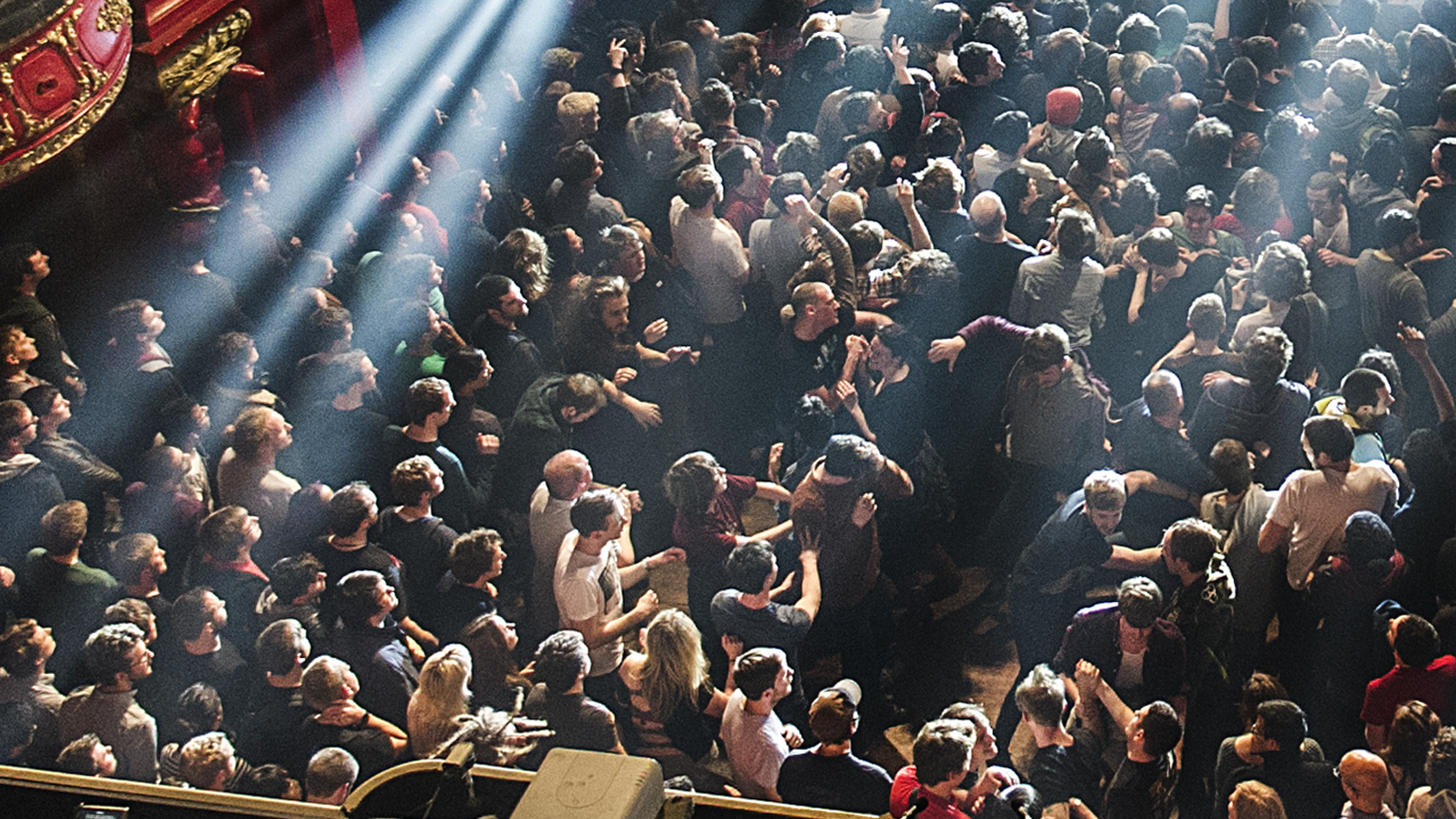There’s a hushed reverence as the maestro bustles his way to the lectern. He might be in his 88th year, but the only compromise this slight man makes to his advancing years is that he sits down while conducting the massed ranks of 200 musicians and singers.
The performance is not only divided into two acts, but also segmented into suites, each showcasing his scores for particular filmmakers. It’s an impressive body of work that spans such an array of styles that it’s easy to understand why many contemporary musicians hold Morricone in the highest esteem.
He begins with the intimacy and fluency of The Best Offer and The Legend Of 1900, before moving to the more high-profile motifs of Chi Mai. But it’s the suite celebrating his music for the movies of Sergio Leone that gets everyone excited. This represents the period that forged Morricone’s reputation, and the baleful brood of The Man With The Harmonica, from Once Upon A Time In The West, is stunning in its sweep, leading into the couplet of The Fortress and the theme from The Good, The Bad & The Ugly.
This first act climaxes with the arrival onstage of soprano Susanna Rigacci, who leads the entourage through the unforgettable and incandescent The Ecstasy Of Gold, which is still one of Morricone’s most thoroughly invigorating and momentous epics.
The second act starts with two pieces from The Hateful Eight, before Deborah’s Theme from Once Upon A Time In America takes us back 30 years. Extracts from Morricone’s moving music for The Red Tent and The Mission end the night in a welter of emotive and intimate swirls.
Morricone augments the ranks of the Czech National Symphony Orchestra, the Kodály Choir and Csokonai National Theater Choir with a basic rock band. This gives him the opportunity to mix classical exposition with jazz, folk and world music inflections, thereby making this most definitely a progressive celebration.
There’s no visual accompaniment to augment the music, with the screens at the side of the stage used only to show images of those onstage. But then Morricone’s music is inherently visual anyway, needing no extras.
This show is in acknowledgement of the man’s 60 years as a composer, and it’s nothing less than extraordinary.

